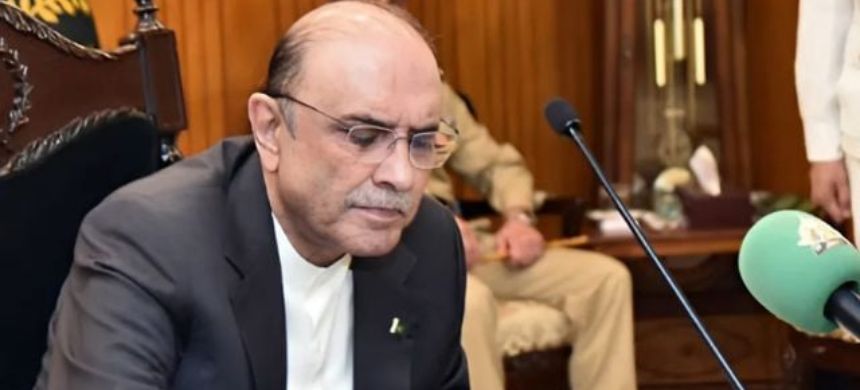President Asif Ali Zardari on Sunday approved the controversial madrassa registration bill, ending a prolonged standoff between the government and Jamiat Ulema-e-Islam-Fazl (JUI-F). The legislation, which aims to regulate religious seminaries, has drawn mixed reactions, with critics arguing it infringes on religious freedoms while supporters see it as essential for transparency and accountability.
The new law mandates madrassas to register with the government and meet specific standards, marking a significant step toward improving oversight of Pakistan’s educational institutions. The move is part of broader efforts to ensure accountability and align madrassa operations with national standards.
Read more: Zardari Removes Mazahar Akbar Naqvi From Judiciary
The PML-N-led alliance government faced intense pressure from opposition parties, including Pakistan Tehreek-e-Insaf (PTI) and JUI-F, which pushed for amendments to the registration process for seminaries. The bill, passed alongside the contentious 26th amendment in October, shifts oversight of madrassas from the Ministry of Education to district officials, addressing concerns raised by JUI-F leader Fazal-ur-Rehman.
Seminary regulations have tightened in recent years due to national security concerns, with the previous government under Imran Khan introducing reforms like audits and curriculum expansion under the Ministry of Education. However, JUI-F and its allies opposed these measures, advocating for reduced government interference and a streamlined registration process for seminaries with multiple campuses.











